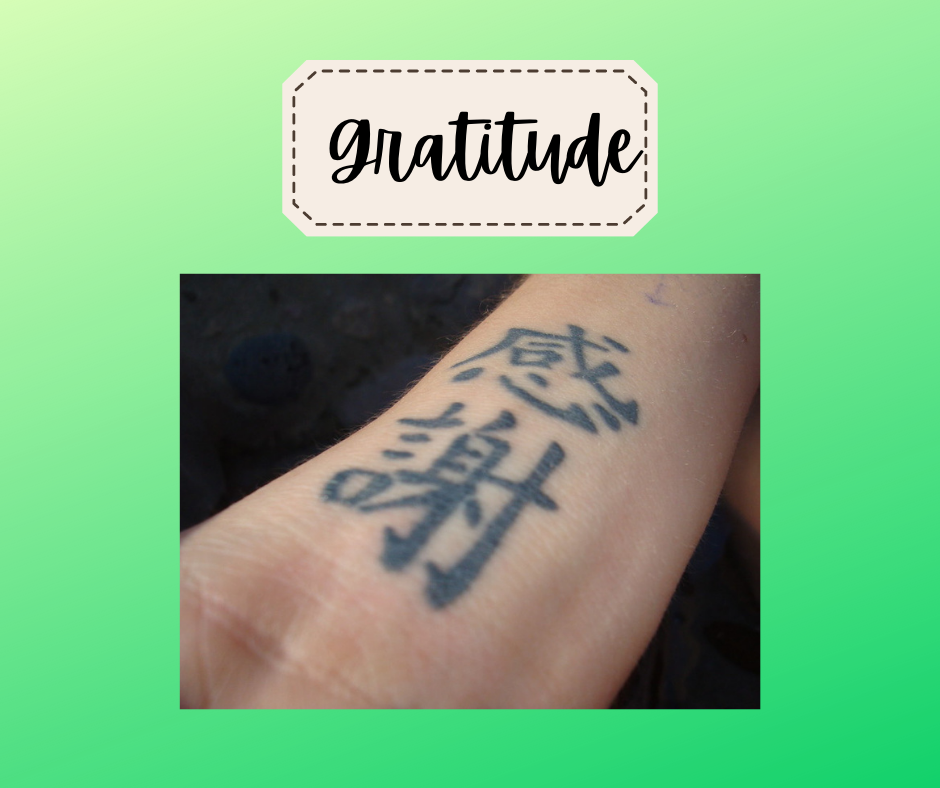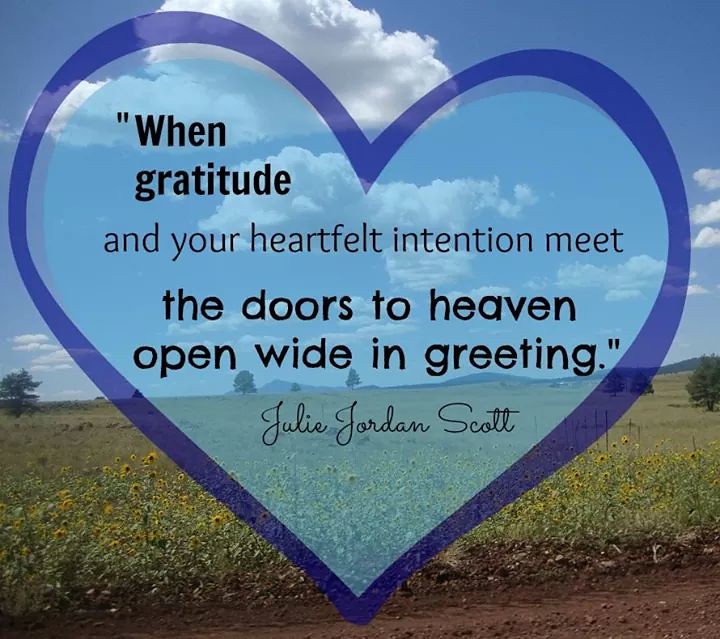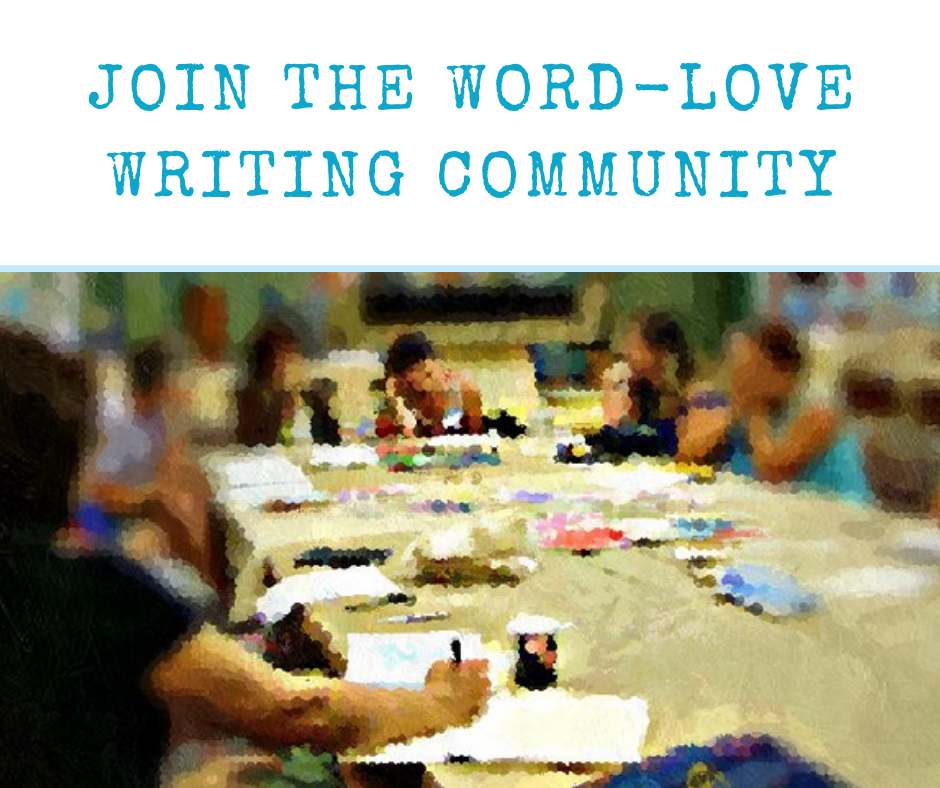
This morning I was scrubbing the toilet. Round and round I went with the brush, round and round and round.
I remembered when my son was little and the only way I could get him to allow me to wash his ears was to make it into a game. First we would play the game of washing his hands in the kitchen sink. We would dunk them 100 times in the water and then dry them with a washcloth. We would then get another clean washcloth and wash his ears with gusto and joy, he would be laughing and squirming and I would be grateful for making up this game, otherwise his ears would have gotten horrible and I would have felt like a neglectful mother.
I am grateful I am still able bodied to scrub the toilet.
I am grateful I have a toilet to scrub.
I have had an intentional relationship with gratitude for a while now, but at first, it was not entirely wanted. I didn’t believe gratitude was all that useful.
I knew about people who went on and on about “an attitude of gratitude” and usually they looked about as plastic as the Barbie my daughter played with every once in a while.
Then I hit one of my first rock bottoms on the way to a long sequence of rock bottoms.
I started tracking my gratitude every day and posting it on a now defunct social media meets goalsetting website. I did this for 500 days. Now I use gratitude as the closing to my daily writing practice and teach the same method in the writing workshops I lead.
Ending one’s writing practice with gratitude brings the end of the session to an upswing, something that is often a necessity if the writer has processed a lot of garbage and grit and not-so-pleasant stuff – like most people face when they scrub the toilet.
I’m going to ask you about gratitude – and I want you to pause before you throw down the first thing that pops into your mind.
What are you grateful for that is underneath what you usually say.
If you are grateful for your child, think about what annoys you about the said child and consider what about that annoyance can you claim as gratitude.
If you are grateful for your home, think about a chore that you don’t like so much and think about what about that chore is actually a blessing.
If you are grateful for the sunshine outside your window, remember the last time you got caught, unprepared for the weather – and what brings a smile to your face from that memory.
Now jot one or two of those items in the comments.
Gratitude, when expressed from your deepest gut places, is immensely transformative.
Julie Jordan Scott is the Creator of the Radical Joy of Daily Consistency Course which helps people practice consistency and completion daily in order to experience a more incredible life experience. She also founded the free, private facebook community for writers and creative people at all levels of experience: the Word Love Writing Community. Join us!


Julie, This is such a great idea. It forces me to connect with something much deeper. Good writing!
Julie, I don’t have a habit of writing down a gratitude list but I am full of gratitude during this Covid time. I remember at this time last year, my mother came down with shingles. It was the most, most difficult of all times. That has left me stronger and more peaceful. And I’m most grateful for that. I am filled with gratitude for everything that I have right now in the moment.
Julie, thank you for your post. So well thought out and written. I love the idea of going deeper to find what you’re grateful for that underlies what you say you’re grateful for. You’re really making my thinking wheels spin today with your post. And that’s a good thing.
Oh how I love the “go deeper” idea! I so often feel like I’m reciting the same too-easy list when I’m asked about gratitude. This helps me think more deeply about that list. Thank you!
I’m grateful for my son. His mental health issues are challenging for him and for me, and are teaching me more about his particular issue, as well as about dealing with mental health from a distance. He is also teaching me about parenting as an adult and parenting with restraint – how not to jump in to fix things right away when they’re going sideways, like I did when he was a child. How to let him fix his own issues, and how to just be there for him as a friend, and how to hear his choices for fixing his issues with love and non-judgment. Damn, that’s hard! I am so grateful to have the chance to do this with him, though. It’s a gift for me to have the kind of relationship with him where he turns to me as a sounding board. I am deeply grateful for that.
Recently one of mine had a meltdown at work. I chose to not rush in and rescue. I did, however, let my friend who happens to be helping my child with employment matters – so she could intervene… that way I knew I wasn’t leaving my child completely alone to cope with her racing emotions.
I love my children so much and am continuing (and probably will for my lifetime) measure out the appropriate balancing act of mothering adults consciously.